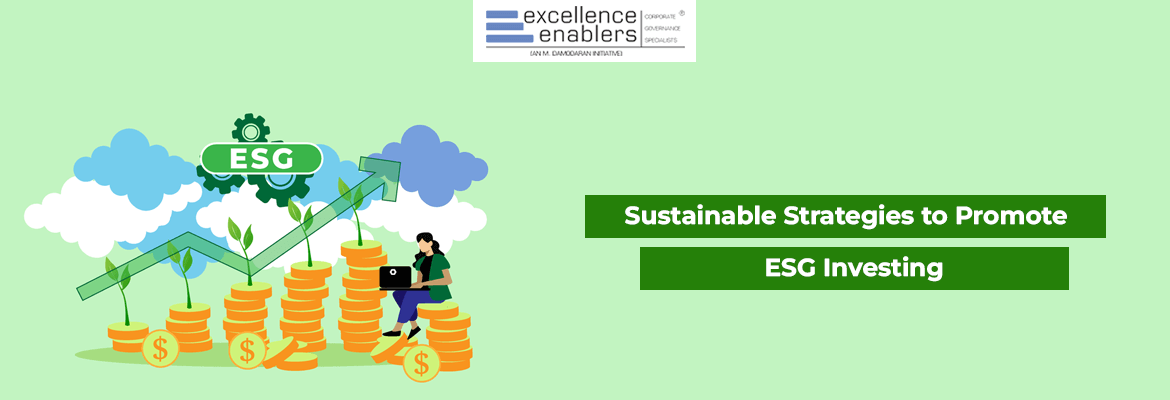Introduction:
Environmental, Social, and Governance (ESG) investing has evolved from a niche concept to a mainstream investment strategy, reflecting a growing global awareness of the importance of sustainable and responsible business practices. As the demand for ESG investments continues to rise, there is a need for concerted efforts to foster the growth of the ESG investing ecosystem. In this blog post, we will explore key strategies to support and expand the ESG investing landscape.
Education and Awareness:
Education is the cornerstone of sustainable change. Investors, both institutional and individual, need to be well-informed about the principles and benefits of ESG investing. Educational initiatives, workshops, and campaigns can play a crucial role in dispelling myths and clarifying misconceptions surrounding ESG strategies. Financial institutions, regulatory bodies, and NGOs should collaborate to create a widespread understanding of the positive impact of ESG investments on both financial returns and societal well-being.
Standardization and Reporting:
Establishing clear standards is essential for the credibility and comparability of ESG data. The financial industry should work towards developing universally accepted ESG reporting standards. This will facilitate more accurate and transparent assessments of companies’ sustainability performance. By aligning reporting frameworks, investors can make more informed decisions and compare ESG data across different companies and industries.
Integration into Mainstream Investment Strategies:
ESG considerations should be seamlessly integrated into mainstream investment processes. Rather than being a standalone investment approach, ESG factors should be incorporated into traditional financial analysis. Investment professionals, fund managers, and financial advisors need to be equipped with the tools and knowledge to integrate ESG considerations into their decision-making processes.
Innovation in Financial Products:
Developing a diverse range of ESG-focused financial products can attract a broader investor base. Innovative financial instruments, such as green bonds, ESG-focused exchange-traded funds (ETFs), and impact investing funds, can provide investors with more options to align their portfolios with sustainable values. Collaboration between financial institutions, asset managers, and fintech companies can drive the development of these products.
Engagement and Advocacy:
Investors should actively engage with companies to drive positive change. Shareholder activism and proxy voting can be powerful tools to influence corporate behavior. Institutional investors, in particular, can leverage their influence to encourage companies to adopt and improve their ESG practices. By fostering a culture of responsible investing, the ESG ecosystem can thrive.
Government Support and Regulation:
Regulatory frameworks play a vital role in shaping the ESG landscape. Governments should actively support and incentivize sustainable practices through policies, tax incentives, and regulatory measures. Clear guidelines and regulations can provide a level playing field, encouraging businesses to integrate ESG considerations into their operations.
The growth of the ESG investing ecosystem is pivotal for creating a more sustainable and responsible global economy. By focusing on education, standardization, integration, innovation, engagement, and government support, stakeholders can collaboratively contribute to the expansion of ESG investing. As we move towards a more conscious and sustainable future, nurturing the ESG ecosystem will be essential for both financial prosperity and positive societal impact.

